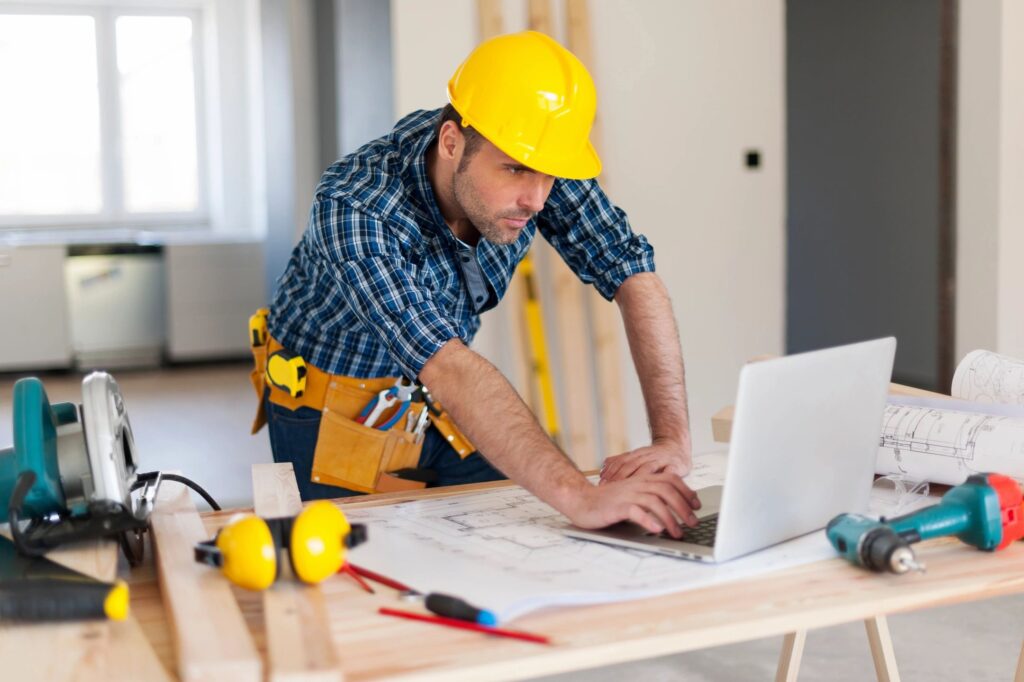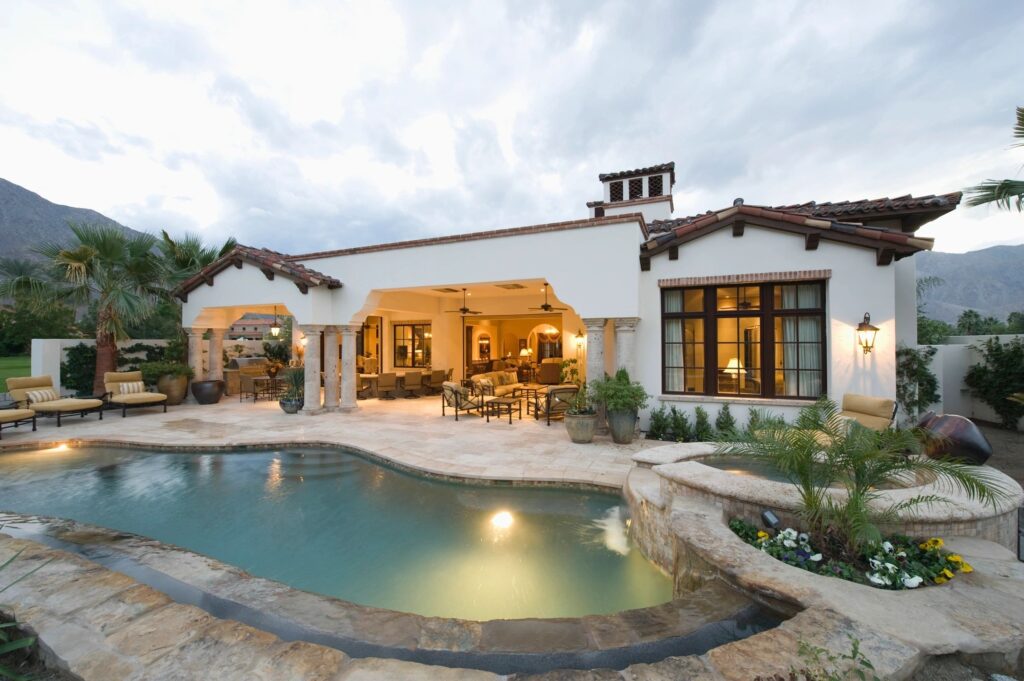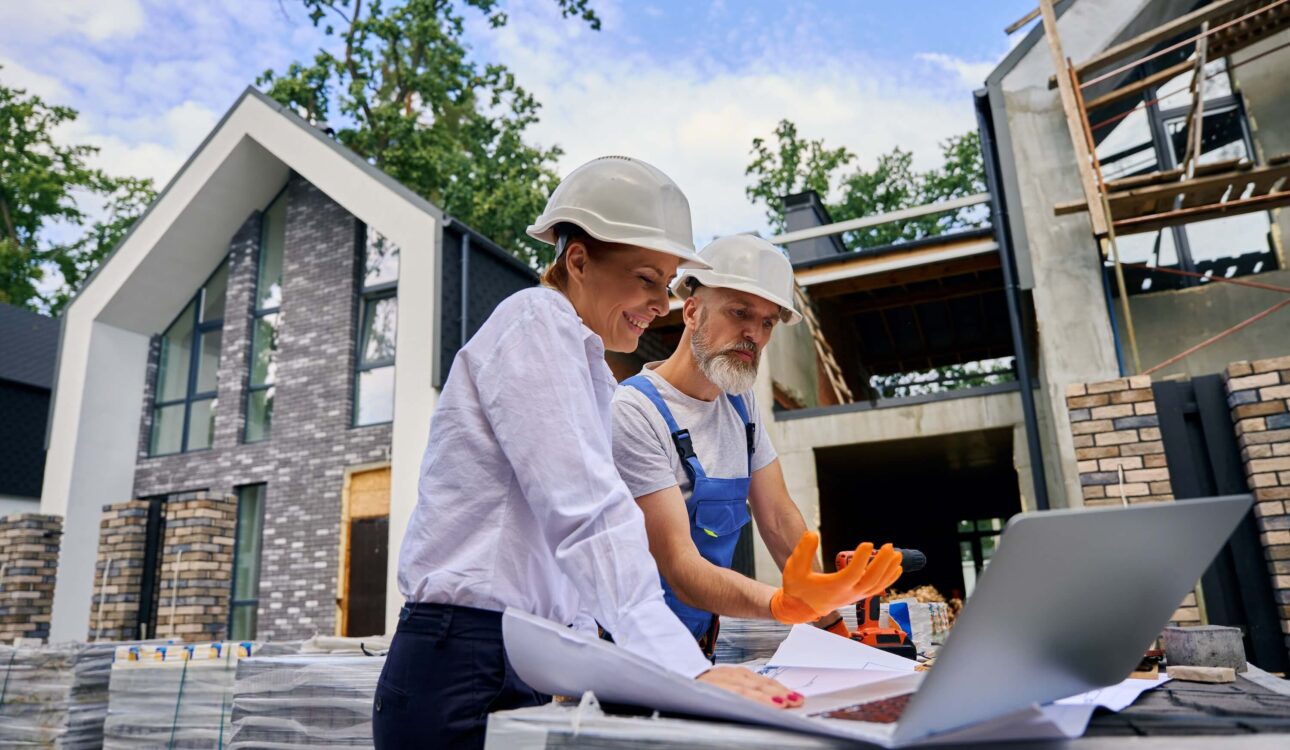Are you planning to add some extra space to your home in Arizona? This can be an exciting idea, especially since the real estate market is booming, and it can add value to your property. Home additions are not just about adding more space; they are about making your living space more comfortable and suitable for your lifestyle, whether creating a cozy reading nook, a spacious new kitchen, or a new bedroom for your growing family.
Arizona is a beautiful state with a unique blend of city life and picturesque desert landscapes, making it the perfect backdrop for building extensions. However, adding an extension to your home requires careful planning and budgeting to ensure the project adds value without putting you under financial strain.
This article will guide you through the essential steps of planning, budgeting, and managing the construction of your home addition in Arizona. It will cover everything from understanding local regulations to choosing the right contractor to have a stress-free experience and enjoy the benefits of your new and improved home.
Initial Planning and Design
Understanding Local Zoning Laws and Building Codes
Suppose you’re planning on adding an extension to your home in Arizona. In that case, it’s important to know about the local zoning laws and building codes. These rules control what you can and can’t do with your property. For example, in some areas, you might need to be allowed to construct an addition that is too high or too close to your neighbor’s property. To determine the rules in your area, you can check with your city’s planning department or county. They can give you the specific guidelines that apply to your location.
Deciding on the Type and Purpose of the Addition
When planning to add something to your home, like a room or a bathroom, it’s crucial to consider what you want to use it for. Do you need more space to sleep, relax, or get ready in the morning? The reason you’re adding on will help you decide how it should look and fit in with the rest of your home. You want everything to feel like it belongs together and flows nicely.
Choosing the Right Architect or Designer
When planning to build something, whether a house or a commercial building, finding the right person to design it is essential. This can be a difficult decision, but there are a few things you can keep in mind to make it easier.
First, it’s important to clearly understand what you want your building to look like and what you need it to do. You should also be aware of any rules or regulations you must follow. Once you know what you want, find someone with experience building in your area. This will help them understand how to design a building that can withstand the local weather and other challenges.
If you’re planning to build or renovate a house or any other building, it’s crucial to find an experienced architect or designer who can help you bring your vision to life. They’ll ensure the design meets all the legal requirements and regulations. You can ask them to show you their previous work and references to see if their style matches your taste.
Finding someone who communicates well and understands your needs is also important. Choosing the right architect or designer is crucial to completing your project. Remembering these things can help you find a professional to help you realize your dream.

Setting a Budget
How to Estimate the Cost of a Home Addition in Arizona
The cost of a home addition in Arizona can vary widely based on several factors, including the addition size, materials used, and the project’s complexity. On average, homeowners spend anywhere from $100 to $200 per square foot, depending on the finishes and details. To get a realistic estimate, it’s advisable to consult with several contractors or a cost estimator who can provide a detailed breakdown based on current local prices.
Tips for Budgeting
When planning your budget, it’s crucial to remember that unexpected expenses can crop up during the project. These expenses might involve unforeseen problems uncovered during construction, such as plumbing or electrical issues or project scope changes.
Setting aside a contingency fund for these contingencies is wise, typically around 10-20% of the total project cost. It’s also important to consider the project’s long-term costs, such as increased property taxes and potential energy costs associated with a larger living space. These factors should be carefully considered and budgeted to ensure your project succeeds.
Financing Options
For financing the addition, you have several options:
- Home Equity Loans are popular because they allow homeowners to borrow against the equity they have built up in their homes at relatively low-interest rates.
- Personal Loans: These can be a good option if you don’t want to use something other than your home as collateral.
- Refinancing: Some homeowners refinance their mortgage to remove equity and fund improvements.
Each financing option has pros and cons, and the right choice depends on your financial situation and long-term plans for the property.

Choosing the Right Contractor
What to Look for in a Contractor
Finding the right contractor is crucial for the success of your home addition. You should look for someone with a strong track record in similar projects and who holds all the necessary licenses and insurance in Arizona. Check their references and online reviews to gauge their reputation and the quality of their work. It’s also beneficial to view previous projects they have completed to ensure their style and standards meet your expectations.
Getting Multiple Bids
Once you have a list of potential contractors, getting bids from at least three is advisable to compare prices, timelines, and the scope of work. Each bid should detail the materials to be used, the construction timeline, and all associated costs. Be wary of bids significantly lower than others, as they may indicate lower-quality materials or cutting corners in other areas.
Negotiating with Contractors
When you select a contractor, negotiation is key. Ensure the contract includes everything from the project timeline and detailed costs to warranty information and a clause for handling changes and disputes. It’s essential to have everything in writing to avoid misunderstandings later on. Also, pay only part of the amount up front; typical contracts involve a payment schedule tied to project milestones.

Project Management
Steps to Manage the Project Effectively from Start to Finish
Managing a construction project requires careful planning and attention to detail. It’s important to stay organized and closely monitor the progress. Regular communication with your contractor is key to ensuring the project stays on track and within budget. Consider using a project management tool or app to keep track of tasks, deadlines, and payments.
Dealing with Permits and Inspections
In Arizona, any significant construction work typically requires permits from the local building authority. Your contractor should handle obtaining these permits, but it’s wise to follow up to ensure everything is filed correctly. Regular inspections ensure the addition complies with local building codes and safety standards. Be prepared for these inspections and work with your contractor to address any issues promptly.
Handling Setbacks and Adjustments
Construction projects often face unexpected challenges, whether from unforeseen structural issues or delays in material supply. Flexibility is crucial. Be prepared to make decisions quickly to keep the project moving forward. Maintaining a contingency budget for unexpected costs that arise during construction is also important.

Takeaways for Your Arizona Home Addition Journey
Undertaking a home addition project in Arizona can be an exciting and rewarding endeavor that can substantially improve your living space and boost your property’s value. However, to ensure a successful outcome, it’s important to approach this project with careful planning, budgeting, and execution.
Before you begin, it’s crucial to have a clear understanding of your goals for the project. This detailed plan outlines the scope of work and a team of experienced professionals who can bring your vision to life. Factors such as zoning regulations, building codes, permits, and material costs should also be considered during the planning process. With the proper preparation and guidance, a home addition project can provide you with a beautiful and functional space that you and your family can enjoy for years.
Checklist Before Beginning Construction
Checklist:
- Confirm all permits and inspections are arranged.
- Revisit your budget and ensure you have a sufficient contingency fund.
- Finalize your contract with the contractor, ensuring all details are clearly outlined.
Long-term Considerations:
- Consider how the addition will affect your property taxes and home insurance.
- Think about the energy efficiency of the new space and the potential impacts on your utility bills.
- Evaluate how the addition fits your long-term living needs and property resale value.
FAQs
What is the average cost per square foot for a home addition in Arizona?
- The cost can vary widely, but it typically ranges from $100 to $200 per square foot, depending on the materials and complexity.
How long does it typically take to complete a home addition?
- Depending on the scale and complexity, it can take anywhere from a few months to over a year.
Are there any specific architectural styles or materials recommended for Arizona climates?
- Materials that can withstand the heat, such as stucco or stone, are recommended. Design styles often offer shade and air circulation features, such as large overhangs and courtyards.

